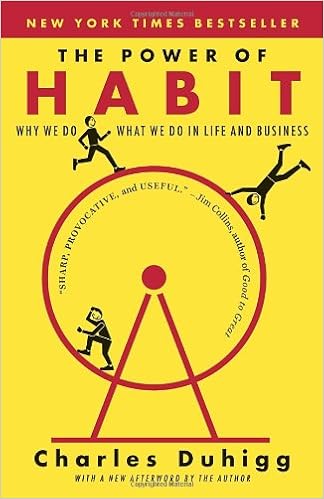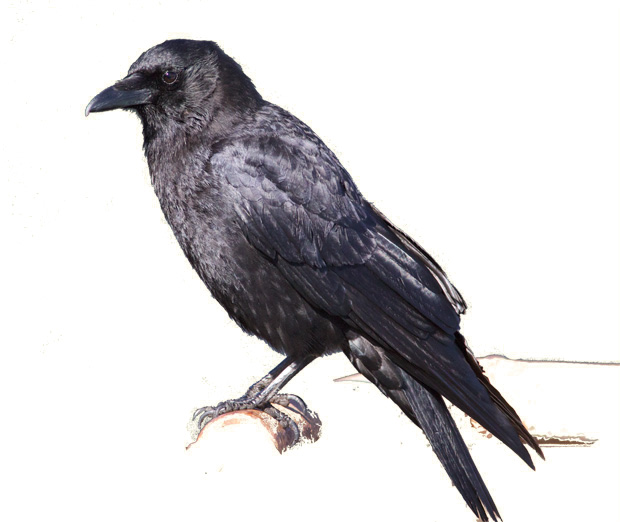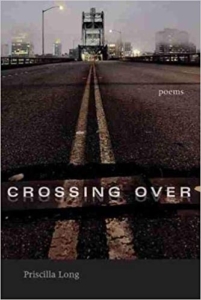Maybe it’s not commitment. Maybe it’s habit…
 I do a lot of driving, and while I drive I listen to books on CD, checked out from my local library. Lately I have been listening to Charles Duhigg’s The Power of Habit: Why We Do What We Do in Life and Business (another book recommended to me by Louise DeSalvo).
I do a lot of driving, and while I drive I listen to books on CD, checked out from my local library. Lately I have been listening to Charles Duhigg’s The Power of Habit: Why We Do What We Do in Life and Business (another book recommended to me by Louise DeSalvo).
A lot of the book is about institutional habits — about football teams and factories. Another large percentage of it is about habits that I don’t have, such as smoking. And a huge amount of text is dedicated to advertising. If I were reading this book, I probably would have set it aside by now. But because it’s the only book on CD in my car, I’ve powered through about 2/3 of it in a little under a week, and it has finally, completely hooked me. Now that Duhigg is talking about small keystone changes (which sound a lot like my “small good choices”), I get why I have come across this book in more than one of my books about writing.
Is it commitment that has kept me married for 30 years, that makes me get up every morning and write, that helps me find the time to floss my teeth? Or is it just good old habit? Charles Duhigg would say that it’s habit.
He also has managed to get me to think about things that I believe I can’t change, to think about those things differently.  Here’s a sampling: I work in the morning, and I can’t work in the evening. I can’t work when my kids are home. I don’t like to exercise. I would like to take the dog for a walk every evening, but I just don’t have the time. I was told by a physical therapist that I should sleep on my back; what did I say? I can’t. I have to sleep on my side!
Here’s a sampling: I work in the morning, and I can’t work in the evening. I can’t work when my kids are home. I don’t like to exercise. I would like to take the dog for a walk every evening, but I just don’t have the time. I was told by a physical therapist that I should sleep on my back; what did I say? I can’t. I have to sleep on my side!
My point is, that we — or I, at least — say these things without thinking.
Now you try. What stock “can’t” or “won’t” statements do you keep ready in your quiver? I’ve tried to lose weight and I can’t. I’d like to take a walk (join a bookclub, see a play) but I can’t miss NCIS.
(There’s also the stock phrase, “I don’t like ____” [you fill in the blank]. And here’s one of my parenting deadends: I have a daughter who won’t eat lettuce — not if she is starving! Not to save her life! But I read [in yet another source] that taste is largely a matter of habit, and if you will eat a little bit of one of your forbidden foods every day, after three weeks your taste buds will adapt. My daughter won’t hear this from me, but maybe it will help you.)
Or that bugaboo that I’m always addressing here: I’d love to write, but I can’t.
What if those obstacles were not huge personal character flaws? What if it wasn’t actual, physical limitations of your life that prevented you from achieving what you would like to achieve? What if it was merely habit?



 I have been singing the praises of
I have been singing the praises of